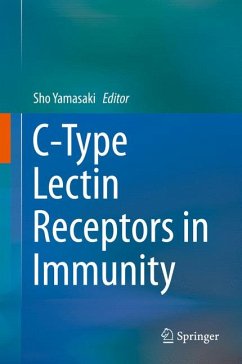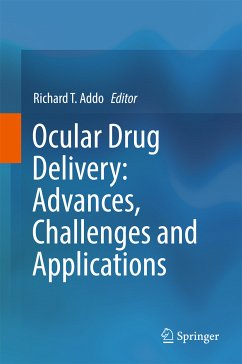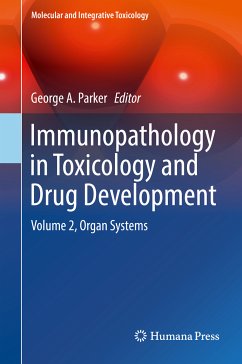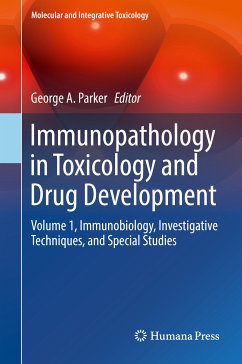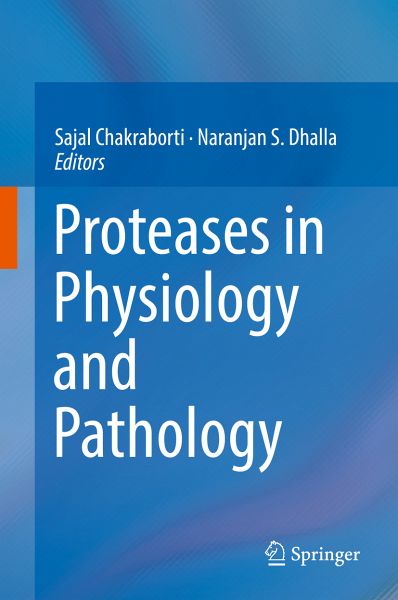
Proteases in Physiology and Pathology (eBook, PDF)
Versandkostenfrei!
Sofort per Download lieferbar
112,95 €
inkl. MwSt.
Weitere Ausgaben:

PAYBACK Punkte
56 °P sammeln!
Offers a comprehensive investigation into the regulation of proteases and their pathological consequences
Explores the specific inhibitors and molecular probes for proteases to improve therapy for various diseases
Serves as valuable resource for those involved in improving protease-targeted therapeutic approaches of life-threatening diseases
Explores the specific inhibitors and molecular probes for proteases to improve therapy for various diseases
Serves as valuable resource for those involved in improving protease-targeted therapeutic approaches of life-threatening diseases
Dieser Download kann aus rechtlichen Gründen nur mit Rechnungsadresse in A, B, BG, CY, CZ, D, DK, EW, E, FIN, F, GR, HR, H, IRL, I, LT, L, LR, M, NL, PL, P, R, S, SLO, SK ausgeliefert werden.






